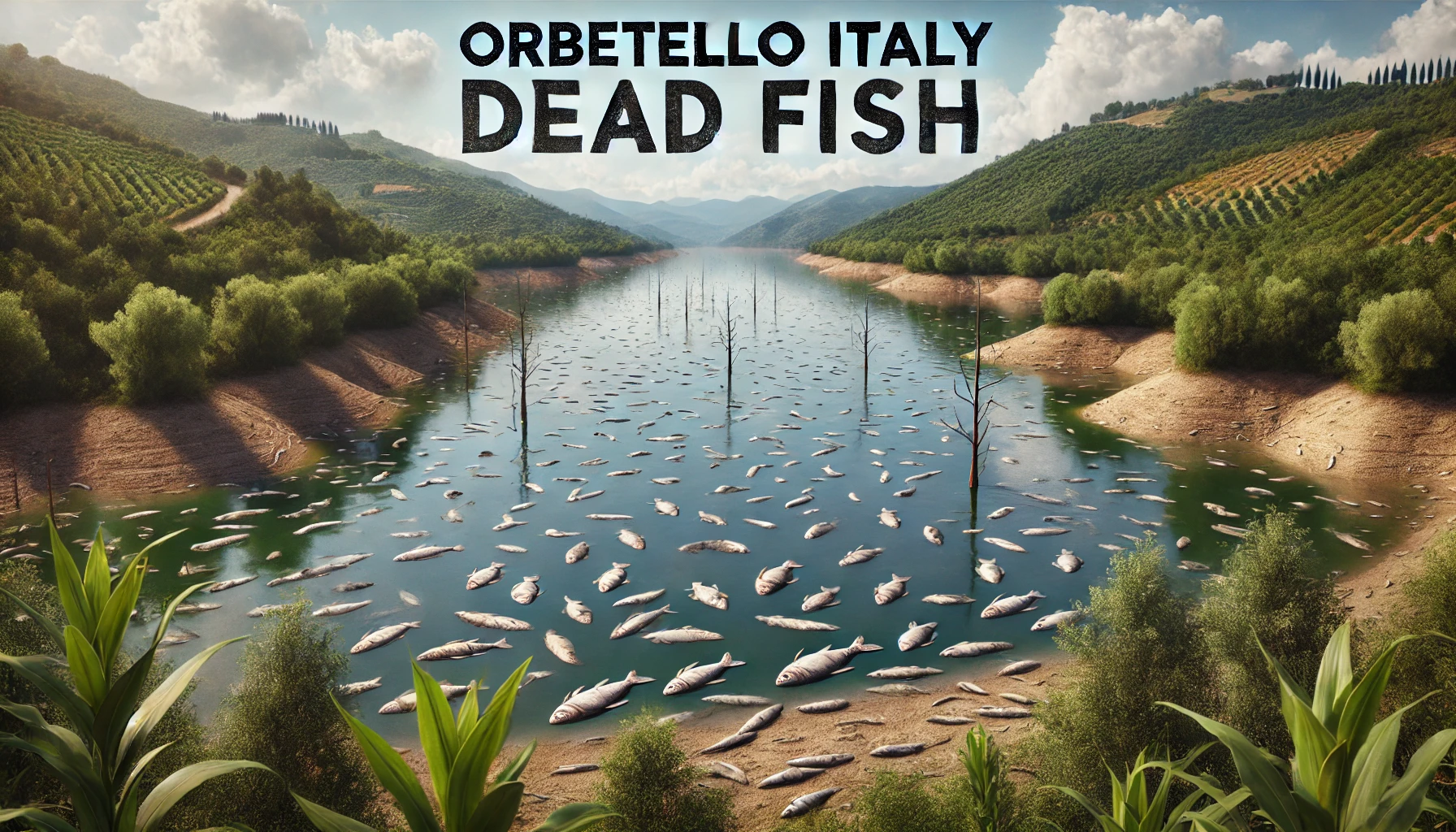Table Of Content
Unfortunately it is true, the Ortobello Lake in Italy is full of Dead Fish.
In recent weeks, Orbetello Lake in Italy has experienced a crazy devastating environmental event: hundreds of dead fish floating on the water’s surface. This alarming sight has drawn attention to the underlying cause, which is hypoxia – a condition where the water lacks sufficient oxygen to support marine life. Hypoxia in Orbetello Lake is primarily driven by the rapid growth of algae, spurred by increasing seasonal temperatures.
Causes of Hypoxia
The phenomenon of hypoxia in Orbetello Lake can be attributed to several factors. The primary culprit is the excessive growth of algae, known as algal blooms. These blooms are fueled by high temperatures and nutrient runoff, which often contains fertilizers from nearby agricultural fields. When the algae die, their decomposition consumes large amounts of oxygen from the water, leaving fish and other aquatic organisms struggling to survive.
Impact on Local Wildlife and Economy
The consequences of this hypoxic event are severe, impacting both the local ecosystem and economy. Fish kills result in a significant loss of biodiversity, affecting species that are vital to the lake’s ecological balance. Additionally, Orbetello’s fishing industry, which is a cornerstone of the local economy, suffers greatly from such events. Fishermen find it challenging to sustain their livelihoods when the fish populations plummet.
How AI Can Help Mitigate the Issue
Artificial Intelligence (AI) offers promising solutions to prevent and manage hypoxic conditions. AI can monitor water quality in real-time, predicting when and where algal blooms are likely to occur. By analyzing patterns in temperature, nutrient levels, and other environmental factors, AI systems can alert authorities before hypoxia reaches critical levels. Moreover, AI can assist in developing targeted interventions, such as aeration systems that increase oxygen levels in the water or precision farming techniques that reduce nutrient runoff.

Orbetello Lake’s recent fish kill highlights the urgent need for effective environmental management strategies. By leveraging AI technology, we can better understand and mitigate the factors leading to hypoxia, ensuring healthier aquatic ecosystems and more sustainable local economies.

